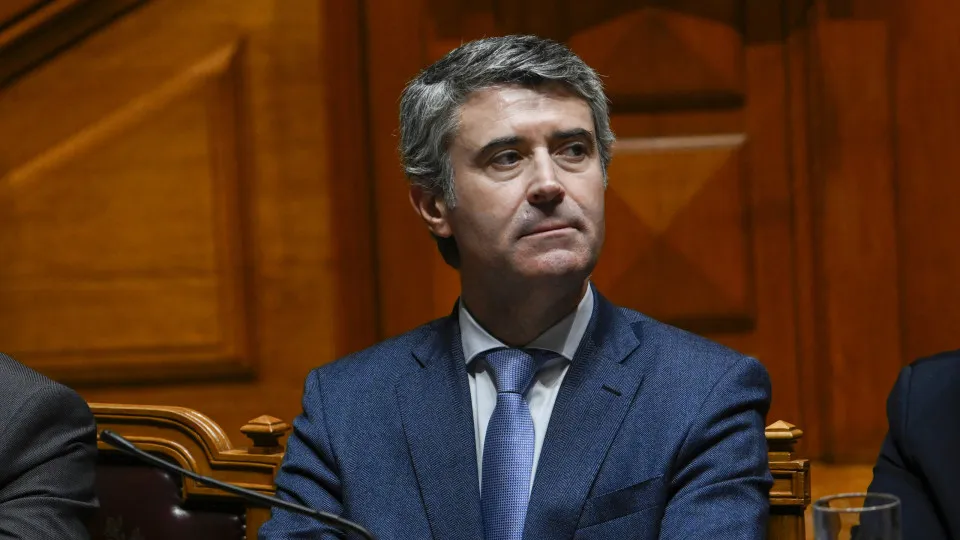
“We do this a few days before the submission of the State Budget for 2026, to demand that it does not repeat delays and finally regards Education as a national priority, with effective investment and structural measures,” states a document released on World Teachers’ Day, October 5.
The letter notes that the Minister of Education, Science, and Innovation, Fernando Alexandre, uses “a rhetoric that teachers listen to with weariness and indignation because they do not find practical reflection in it.”
“In reality, what has increased is not appreciation, but the work, the wear and tear, and the disappointment. The Public School relies on the effort and resilience of those who keep it alive, but such effort cannot continue to be taken for granted,” it argues.
This civic movement emphasizes the need to “align teachers’ salaries with the importance of their role in society” and that “as long as wages are not adequate (at the entry and exit of the profession), there is no way to attract and retain professionals in the Public School, which depletes year after year.”
“The structural decisions, from salary revision to the definition of progression rules, remain in the hands of other ministries while the Ministry of Education waits silently for what is dictated. The authority it seems to have in public does not match in practice: it is a minister who announces but does not implement; promises, but does not decide,” it is lamented.
The letter also cites the Organisation for Economic Co-operation and Development (OECD) and the statistical portal PORDATA to reveal that in Portugal, public expenditure on Education accounts for 4.3% of the Gross Domestic Product (GDP), while other member countries invest about 5%.




